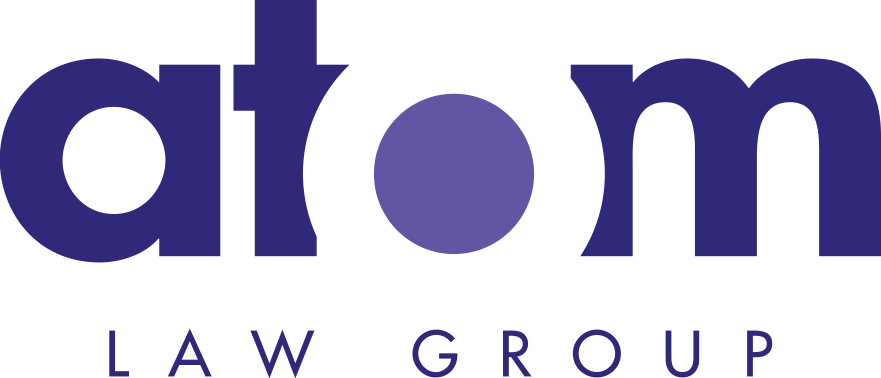State and Federal Tax Audits for Small to Medium Sized Businesses
Atom Law Group provides legal representation for businesses facing tax audits. Our experienced attorneys provide legal representation for IRS audits, state tax, and federal audits. We understand that tax audits can be a daunting and stressful experience for businesses, and we strive to provide our clients with the guidance and support they need to navigate the audit process successfully. With our in-depth knowledge of tax laws and regulations, we help our clients develop effective strategies to minimize their tax liabilities and resolve any disputes that arise during the audit process. Contact us today for a consultation to learn how we can assist your business with tax audit legal representation.
State Tax Audits
Atom Law Group provides expert legal representation for small to medium-sized businesses in every state throughout the United States facing state tax audits. Our experienced attorneys have a deep understanding of the complex state tax laws and will work tirelessly to protect your business's financial interests. We know that the audit process can be stressful and time-consuming, which is why we strive to make the process as smooth and efficient as possible for our clients. Our attorneys will work closely with you to develop a strategic plan to address the audit and minimize any potential penalties or liabilities. We will also ensure that your business is in compliance with all state tax laws moving forward to avoid future issues.
Protect Your Business from IRS Audits
Let Our Experienced Attorneys Help You Navigate the Audit Process
As a small business owner, you have enough to worry about without having to deal with an IRS income audit. Unfortunately, these audits are becoming more and more common, and they can be both time-consuming and stressful. That's why we're here to help.
Our law firm is dedicated to assisting small businesses like yours in navigating the IRS audit process. We understand the unique challenges that come with running a small business, and we're here to help you protect your assets and your livelihood. Our attorneys have years of experience working with the IRS, and we know how to represent your interests effectively.
Don't face an IRS income audit alone. Let our team of experts help you every step of the way. We'll work tirelessly to ensure that your audit is resolved as quickly and fairly as possible so you can get back to doing what you do best – running your business.
